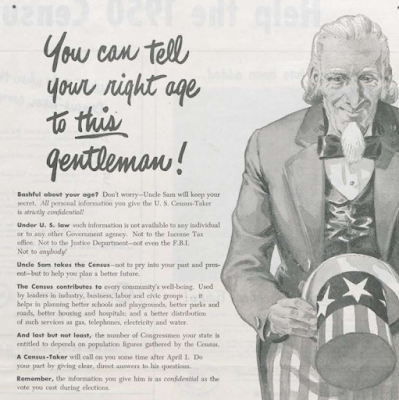Just before Thanksgiving, I submitted a request to the National Archives for the Alien Registration Form AR-2 of my paternal grandfather's youngest sister, Jennie Birk Salkowitz. This is a multi-step process, carefully outlined in the detailed Allen County Public Library Genealogy Center's video here. I blogged about ordering the AR-2 here.
What happened next?
On December 10, I received confirmation that NARA had the AR-2 I wanted and a quote of $20 to receive a scan of the document. I immediately submitted my payment (via credit card).
Then, on December 22, I received a link to download great aunt Jennie's AR-2 in pdf format, two pages typed with Jennie's fingerprint and signature on page 2.
Above is what the top half of the first page looks like.
Anything new?
Yes and no. Jennie's AR-2 shows her birth year as 1888. However, on her husband's US naturalization form, her birth year is shown as 1889. On the passenger manifest for her arrival in America, her calculated birth year would be 1889. On her death cert, the birth year is shown as 1890. So what Jennie told US officials on November 18, 1940 about her birth year conflicts with what she and other informants told other officials at other times.
In all other documents, Jennie showed her maiden name as Birk. On this one, her maiden name is Burk, the same as her brother Isaac (my paternal grandpa). That's new!
The AR-2 confirms Jennie's birthplace as Garsden, Kovna, Russia, known these days as Gargzdai, Lithuania. It confirmed her arrival in America on the S.S. Rotterdam in September, 1909. Also the form confirmed she was married but had no parents and no children in America in 1940 when she signed her AR-2.
Interestingly, Jennie listed not a single organization of which she was a member -- no clubs, no societies, nothing from 1935 to 1940.
Was this of value?
So was this AR-2 worth $20? Almost. After all, it confirmed a lot of what I knew. If I had no idea where Jennie had been born or when/where she had immigrated, it would absolutely be worth the money and then some. If there had been any club or society membership listed, I would have jumped for joy to find out more!
REMEMBER: AR-2 documents aren't new. They were previously offered for a LOT more money. I acquired one in 2020, paying for $65 a search and then $65 for the document itself. It was definitely not worth this much higher fee.
But for $20, this time it was a worthwhile experiment and now I'll carefully pick a couple of other immigrant ancestors to focus on when placing new orders.




